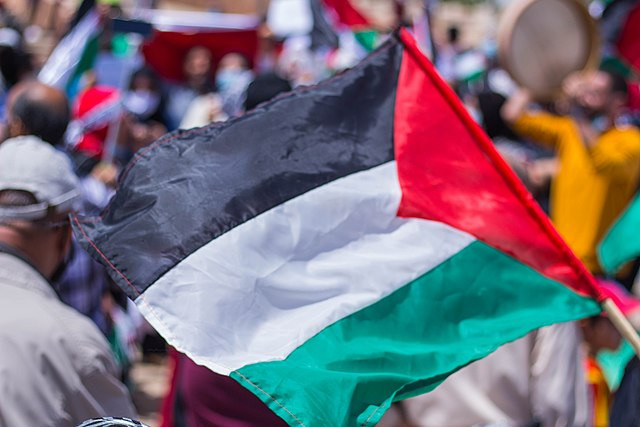Norway, Ireland, and Spain have announced their decision to formally recognize Palestine as a state on Tuesday, prompting a swift and sharp response from Israel. The move has led to Israel immediately recalling its envoys to Ireland and Norway for "urgent consultations" and threatening to withdraw its ambassador from Spain.
Foreign Minister Israel Katz issued a stern warning to the three countries, stating, "Today, I am sending a sharp message to Ireland and Norway: Israel will not go over this in silence." He also announced that Israeli Finance Minister Bezalel Smotrich will stop transferring tax funds to the Palestinian Authority (PA), which governs the illegally occupied West Bank.
The announcements from Norway, Spain, and Ireland come as a growing number of nations, particularly in Europe, are publicly considering recognizing Palestinian statehood. Slovenia, Malta, and Belgium are among the other European countries discussing the issue, with nine European nations already recognizing the state.
The decision by the three European powers has further narrowed the gap between the number of nations that recognize Israeli statehood and those that recognize Palestinian statehood. With the latest announcements, the difference is set to drop to less than 20 countries out of the 193 United Nations member states.
As of the latest count, 146 U.N. member states recognize a Palestinian state, while 165 recognize Israel, with the United Arab Emirates, Bahrain, Sudan, and Morocco being the most recent countries to establish relations with Israel as part of the U.S.-backed Abraham Accords that began in late 2020.
Norway, Ireland and Spain have announced they will formally recognise Palestine as a state on Tuesday. We mapped the other 143 countries that recognise Palestinian statehood in 2024 https://t.co/yzwwEW5hN4 pic.twitter.com/zZcu4WA5bm — Al Jazeera English (@AJEnglish) May 22, 2024
Despite the strong reaction from Israeli officials, there was no indication that Ireland, Norway, and Spain planned to downgrade their diplomatic ties with Israel. Most U.N. member states recognize both Israeli and Palestinian statehood, and the European trio's decision was praised by the two leading Palestinian governing bodies, the Palestinian National Authority (PA) and Hamas.
The PA's Palestinian Mission to the United Nations expressed gratitude to the three nations on X (formerly Twitter), stating, "Today, hope is renewed & tomorrow inches closer towards peace." Hamas, which controls Gaza and has been engaged in a lengthy and deadly conflict with Israel, also welcomed the announcements, calling them "an important step on the path of affirming our right to our land and independent Palestinian state with Jerusalem as its capital."
The ongoing war between Israel and Hamas in Gaza has led to a shift in the diplomatic landscape, with reports suggesting that other nations, such as Belgium, Malta, and Slovenia, may follow suit in recognizing Palestinian statehood. The conflict has also led to increased pressure on Israel over the humanitarian impact of the war, with at least nine nations withdrawing their ambassadors, reducing relations, or cutting ties altogether.
The United States, under President Joe Biden, has continued to advocate for a two-state solution but has blocked attempts by the U.N. to push for full Palestinian statehood. In a recent U.N. General Assembly vote, 143 nations supported the measure, with nine countries, including the U.S. and Israel, opposing and 25 abstentions.
As the diplomatic landscape continues to evolve and more countries recognize Palestine, the pressure on Israel to engage in meaningful peace negotiations and address the ongoing conflict in Gaza is likely to increase. The narrowing gap between nations recognizing Israeli and Palestinian statehood underscores the growing international support for Palestinian self-determination and the need for a viable political solution to the decades-long struggle.






